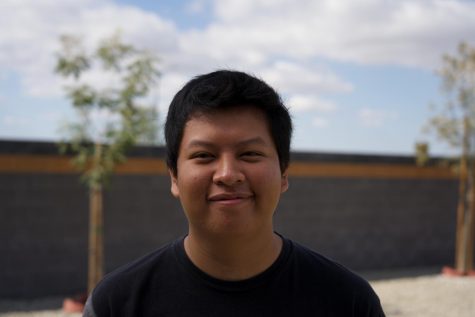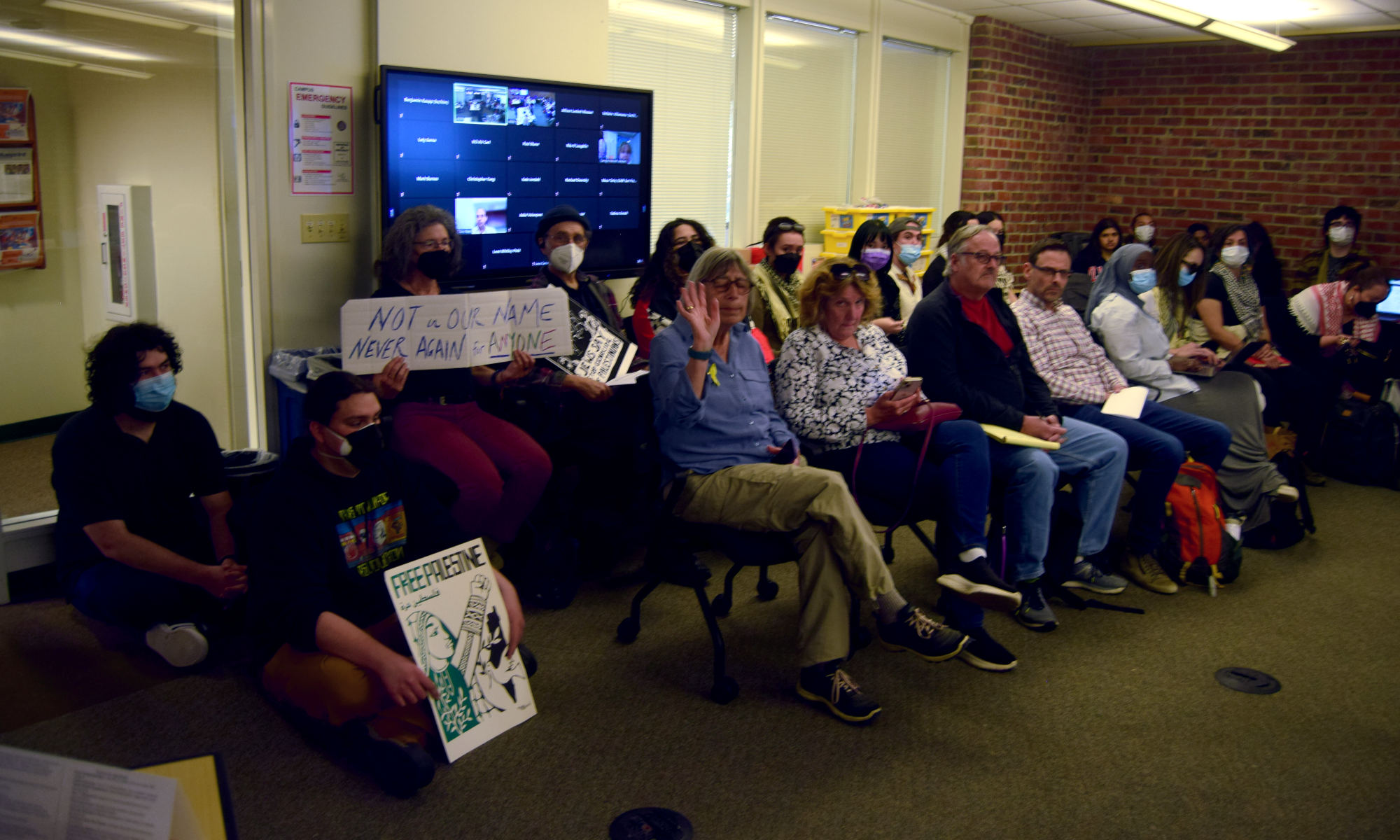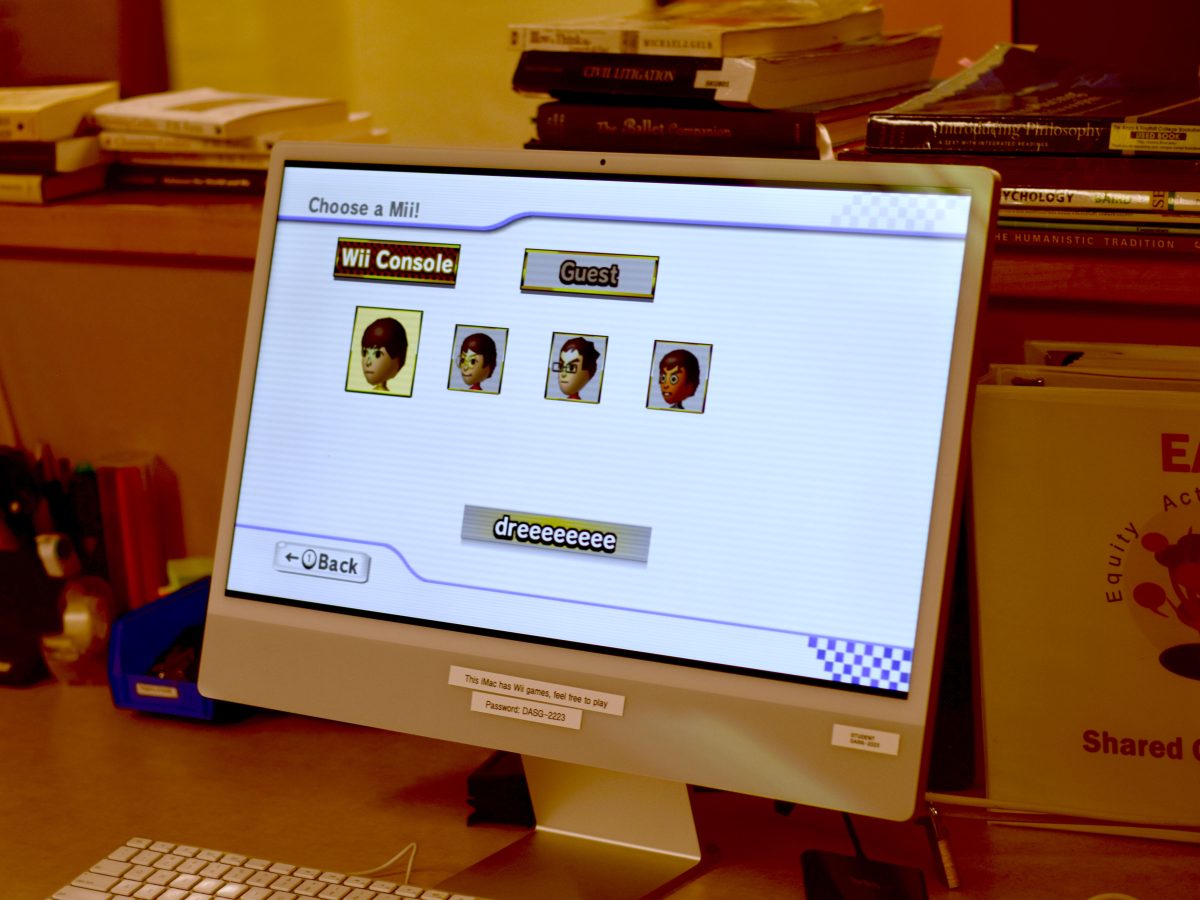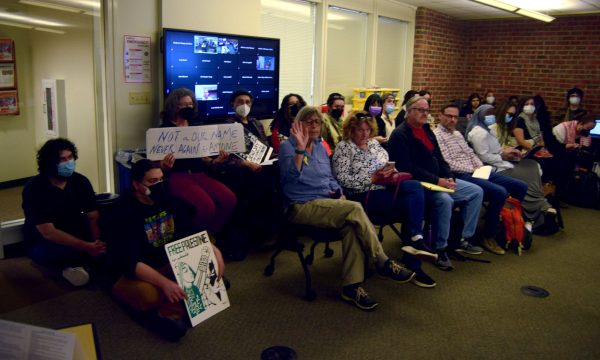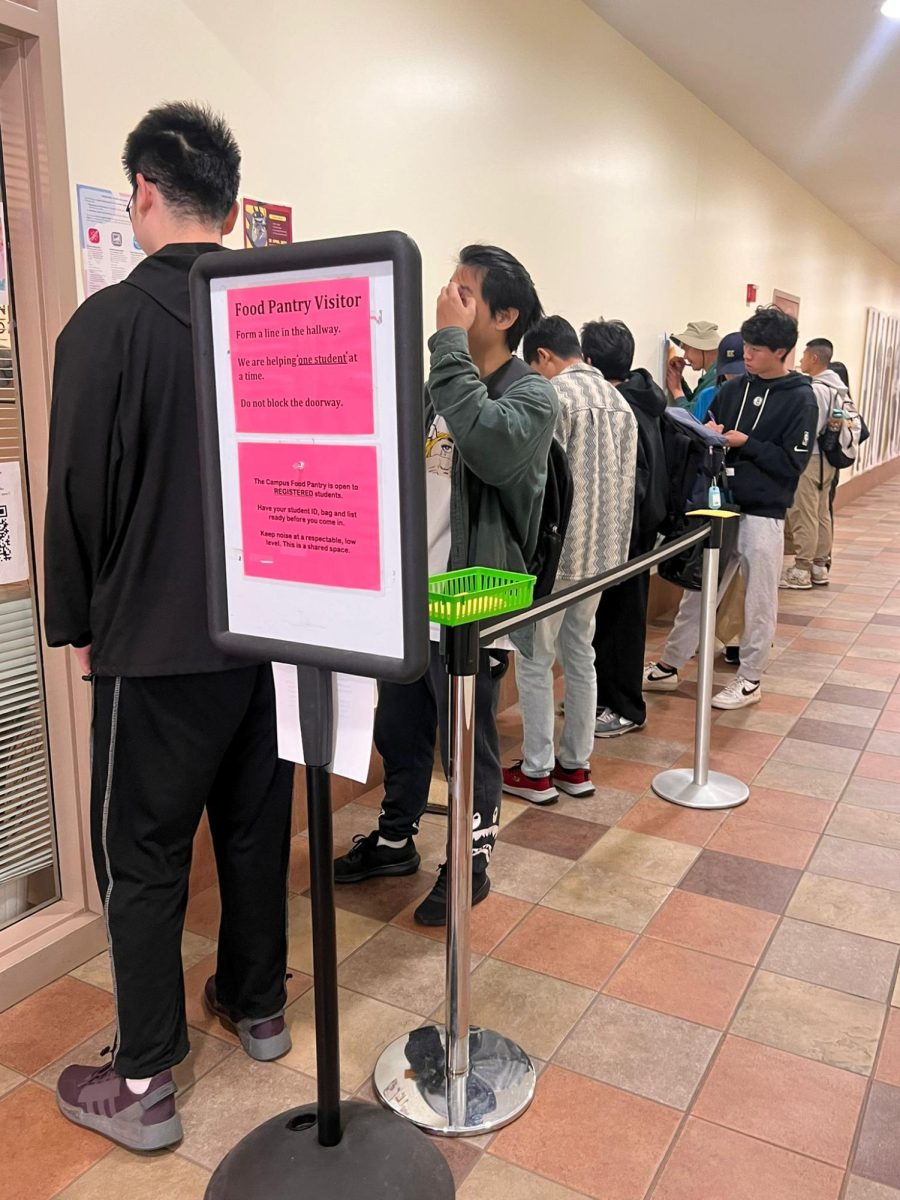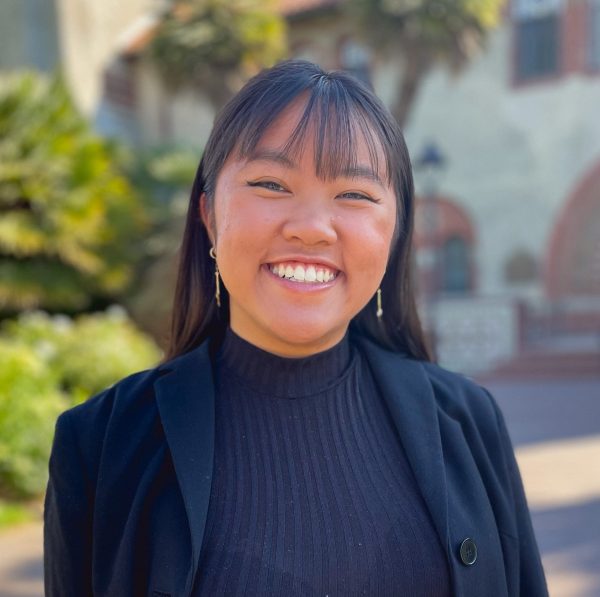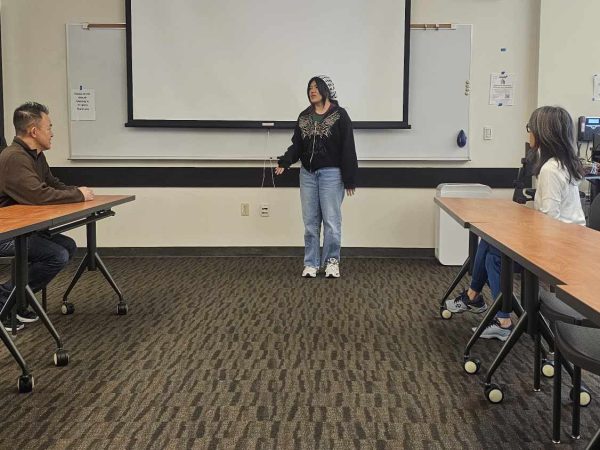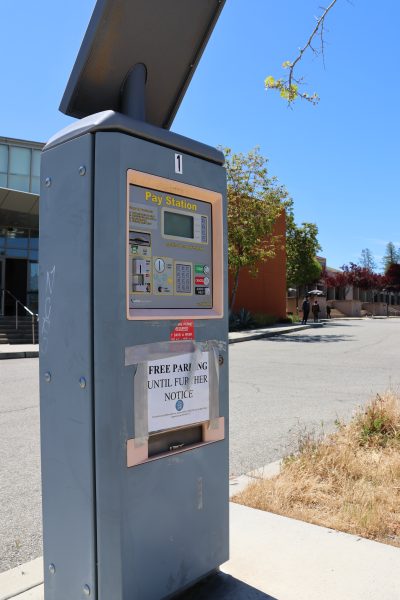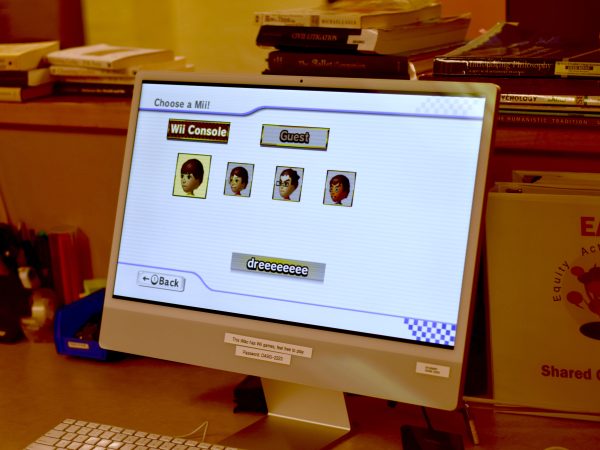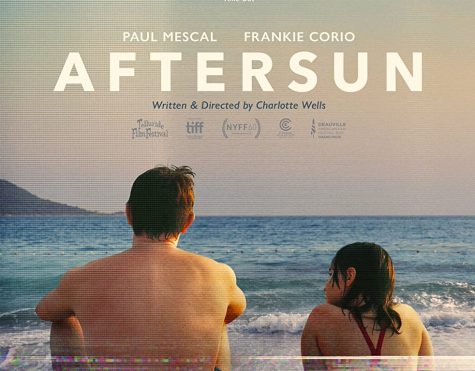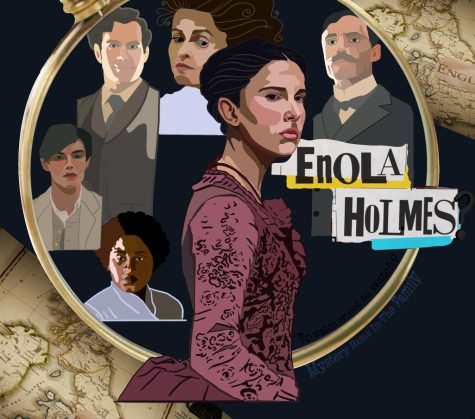“Lingua Franca” powerfully illuminates struggles of Filipina undocumented, transgender woman
October 31, 2020
“Lingua Franca” shines a light on a transgender Filipina immigrant story, illuminating the struggles of being undocumented and queer.
Jhett Tolentino, producer of the film, said lack of representation and awareness inspired him to create a film that was reflective of the challenges the transgender and undocumented immigrant communities face.
“Unfortunately, growing up [in the Philippines] also, Filipinos look at the LGBT community as just for a laugh, you know, they let them join pageants and all that, but they won’t give them equal rights,” Tolentino said. “That to me is a crime and I hope that this film will somehow push the envelope in showcasing that we are people to know that we deserve equal rights as anybody else.”
The film was screened on Oct. 20 at De Anza College preceding a discussion through Zoom the following day.
The film follows the story of Olivia, an undocumented and transgender woman, as she works as a caregiver for Olga, an elderly woman, in Brooklyn. Olivia then begins a relationship with Olga’s grandson, Alex, in pursuit of a green card.
Isabel Sandoval, a Filipina transgender woman herself, plays Olivia and directed and wrote the film.
In addition to being lauded for the story “Lingua Franca” tells, the creativity in filming to maintain authenticity and realism throughout is what sets the film apart.
“We believe in what we have, and we want artistic freedom,” Tolentino said. “We didn’t want to be dictated by a studio and what we can do with a film.”
It wasn’t an easy task to create a film portraying the harsh realities of being an undocumented, transgender woman of color.
But, Tolentino, along with his crew, helped shape the story and deliver the most authentic narrative.
The film’s gritty look and play with mirrors and angles was intended to portray undocumented Filipinx immigrant, Olivia, realistically.
“‘Lingua Franca’ slows things down,” Sarah Lisha, English professor and discussion attendee, said. “The slow nature forces the reader to really slow down and pay attention to the characters and film in a way you maybe normally wouldn’t.”
Many recurring artistic actions and elements seen throughout are done intentionally for realism. Because of the feeling Tolentino and his crew were attempting to reproduce, the film lacked the ending Hollywood has accustomed us to expect.
“The ending is deliberate and we stood ground to stick to that and I truly also believe because of the ending the film has won an international film festival,” Tolentino said.
The documentary intentionally ends as it begins: with the elderly character Olga seemingly forgetting where she is and having to call Olivia on the phone to get a sense of time and place.
“There is beauty in the unfinished and unresolved,” Lisha said.




